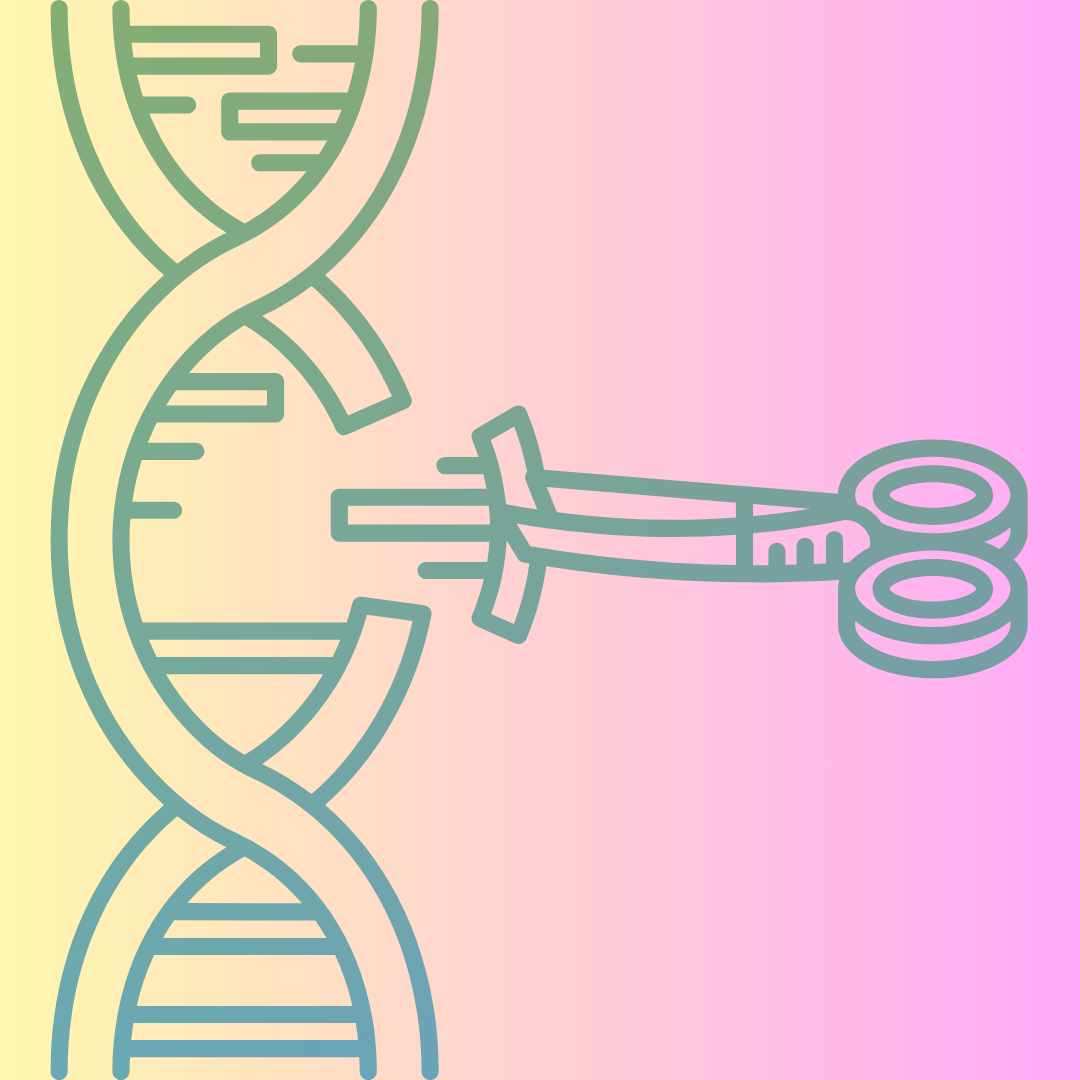Beyond gene-edited babies: the possible paths for tinkering with human evolution
By Antonio Regalado,
MIT Technology Review
| 08. 22. 2024
In 2016, I attended a large meeting of journalists in Washington, DC. The keynote speaker was Jennifer Doudna, who just a few years before had co-invented CRISPR, a revolutionary method of changing genes that was sweeping across biology labs because it was so easy to use. With its discovery, Doudna explained, humanity had achieved the ability to change its own fundamental molecular nature. And that capability came with both possibility and danger. One of her biggest fears, she said, was “waking up one morning and reading about the first CRISPR baby”—a child with deliberately altered genes baked in from the start.
As a journalist specializing in genetic engineering—the weirder the better—I had a different fear. A CRISPR baby would be a story of the century, and I worried some other journalist would get the scoop. Gene editing had become the biggest subject on the biotech beat, and once a team in China had altered the DNA of a monkey to introduce customized mutations, it seemed obvious that further envelope-pushing wasn’t far off.
If anyone did create an edited baby...
Related Articles
By Diaa Hadid and Shweta Desai, NPR | 01.29.2026
MUMBRA, India — The afternoon sun shines on the woman in a commuter-town café, highlighting her almond-shaped eyes and pale skin, a look often sought after by couples who need an egg to have a baby.
"I have good eggs,"...
By George Janes, BioNews | 01.12.2026
A heart attack patient has become the first person to be treated in a clinical trial of an experimental gene therapy, which aims to strengthen blood vessels after coronary bypass surgery.
Coronary artery bypass surgery is performed to treat...
By Staff, ScienceDaily | 01.05.2026
Scientists at UNSW Sydney have developed a new form of CRISPR technology that could make gene therapy safer while also resolving a decades-long debate about how genes are switched off. The research shows that small chemical markers attached to DNA
...
Following a long-standing CGS tradition, we present a selection of our favorite Biopolitical Times posts of the past year.
In 2025, we published up to four posts every month, written by 12 authors (staff, consultants and allies), some in collaboration and one simply credited to CGS.
These titles are presented in chronological order, except for three In Memoriam notices, which follow. Many more posts that are worth your time can be found in the archive. Scroll down and “VIEW...




